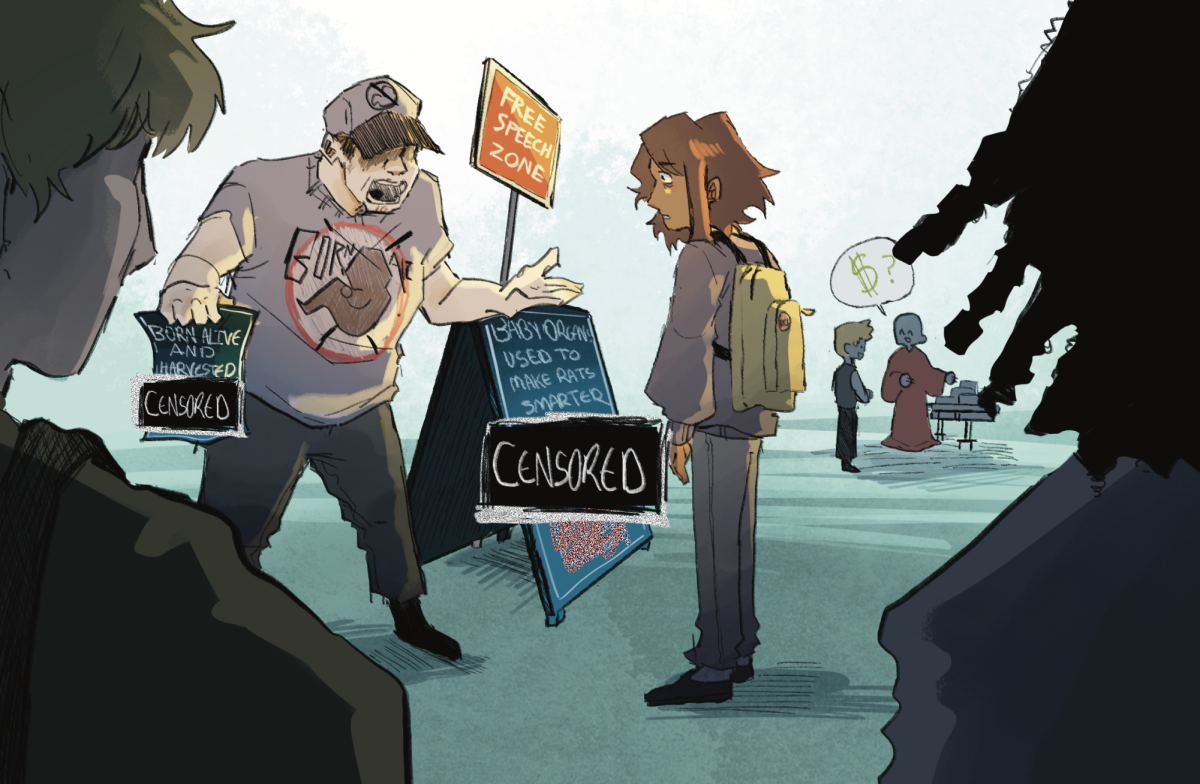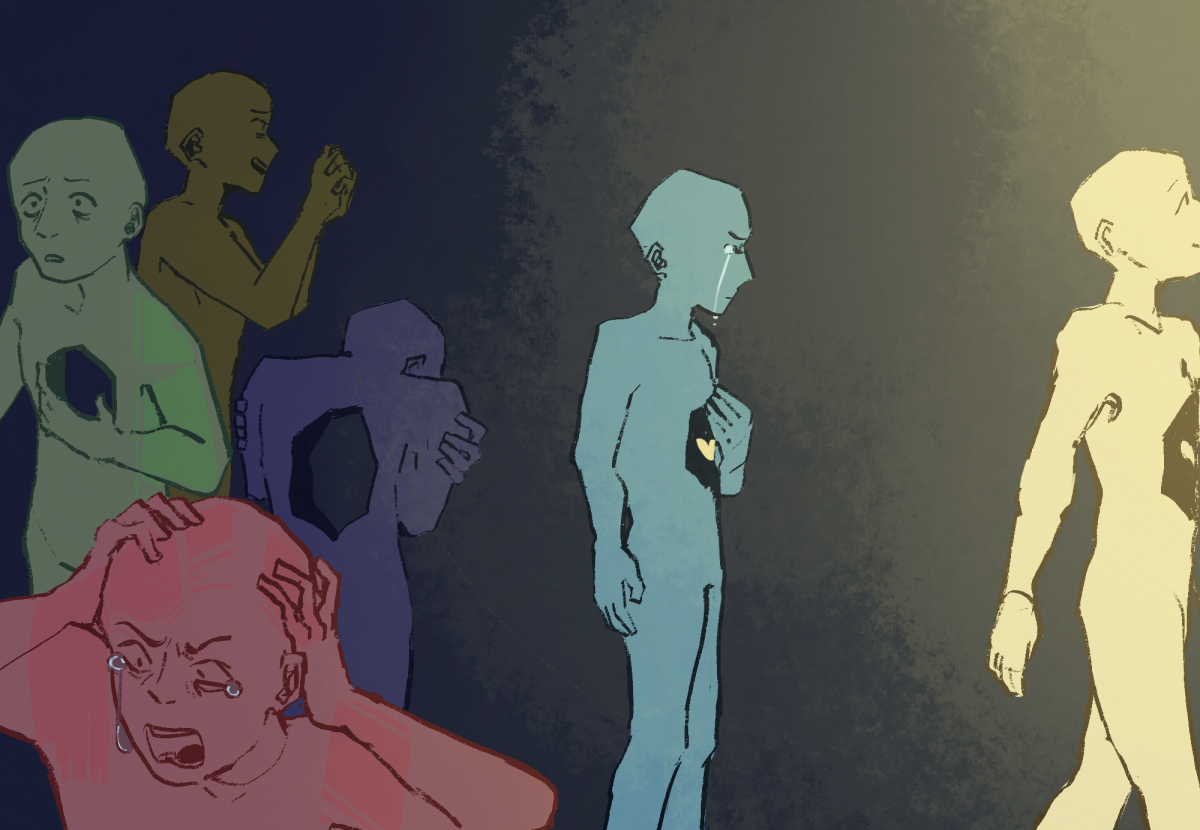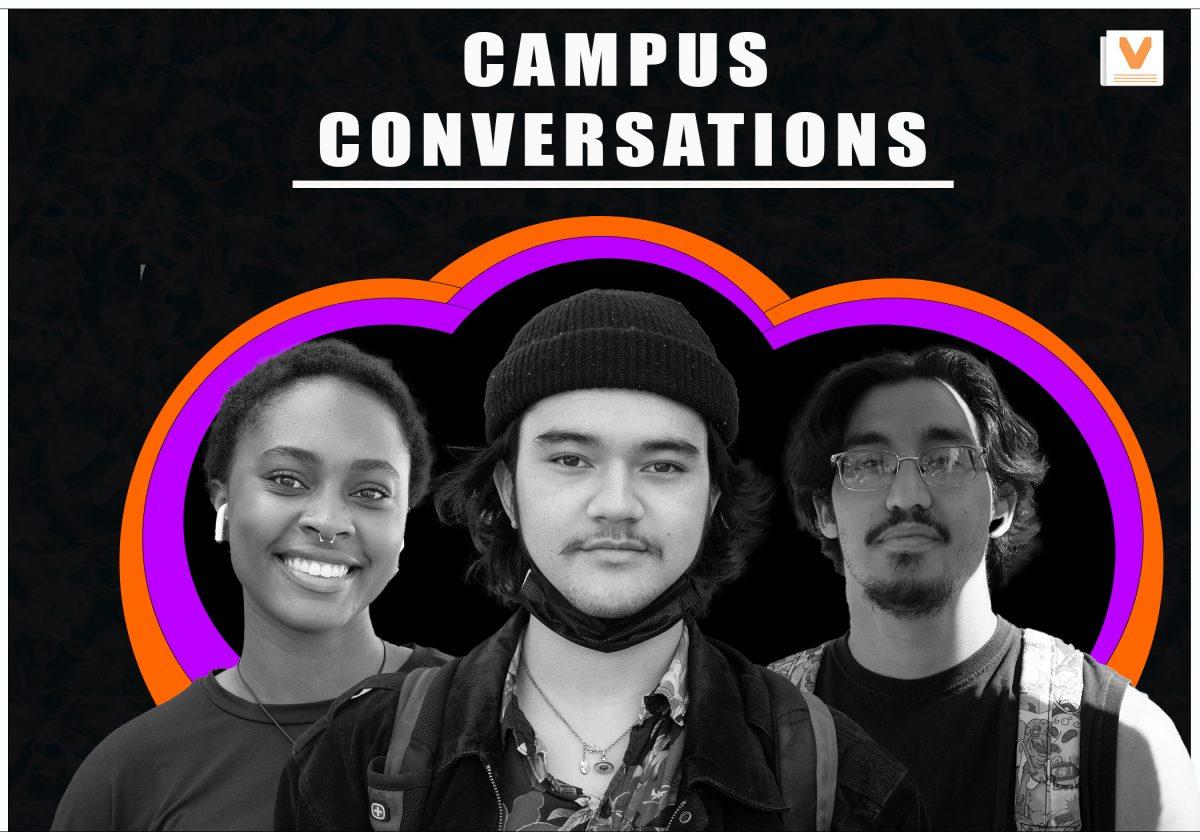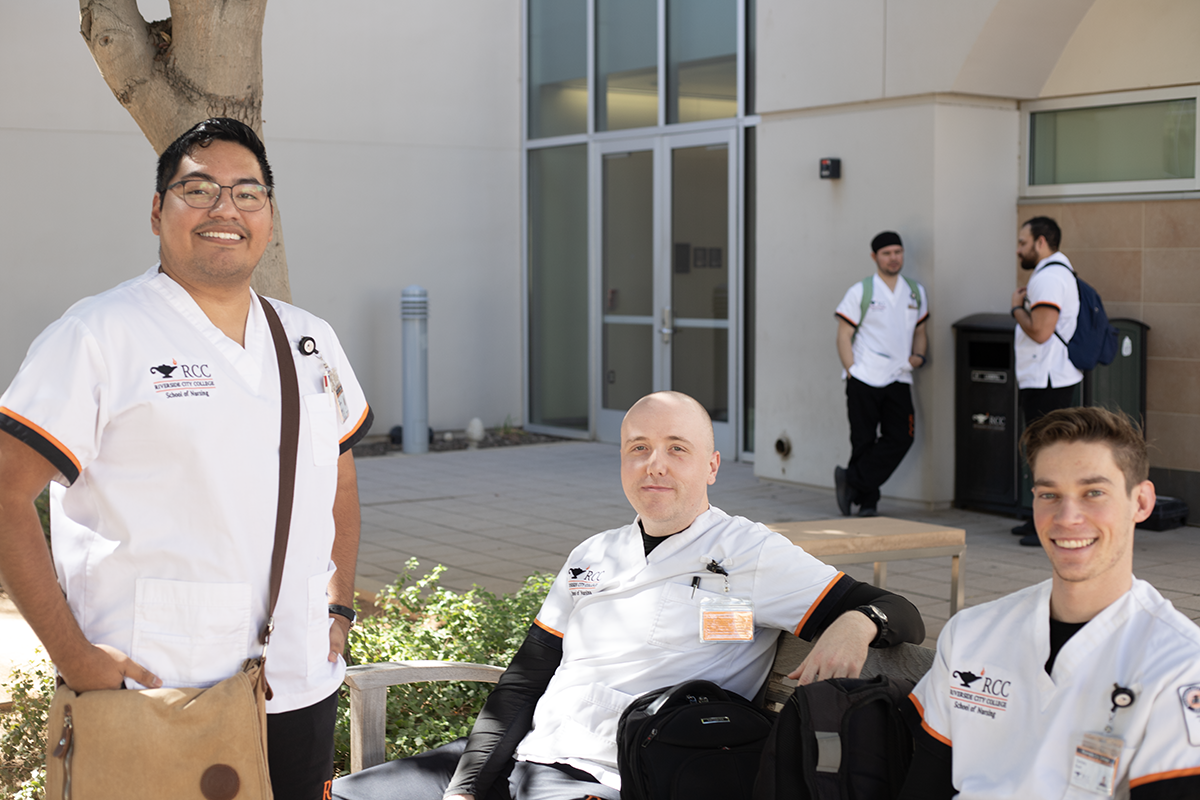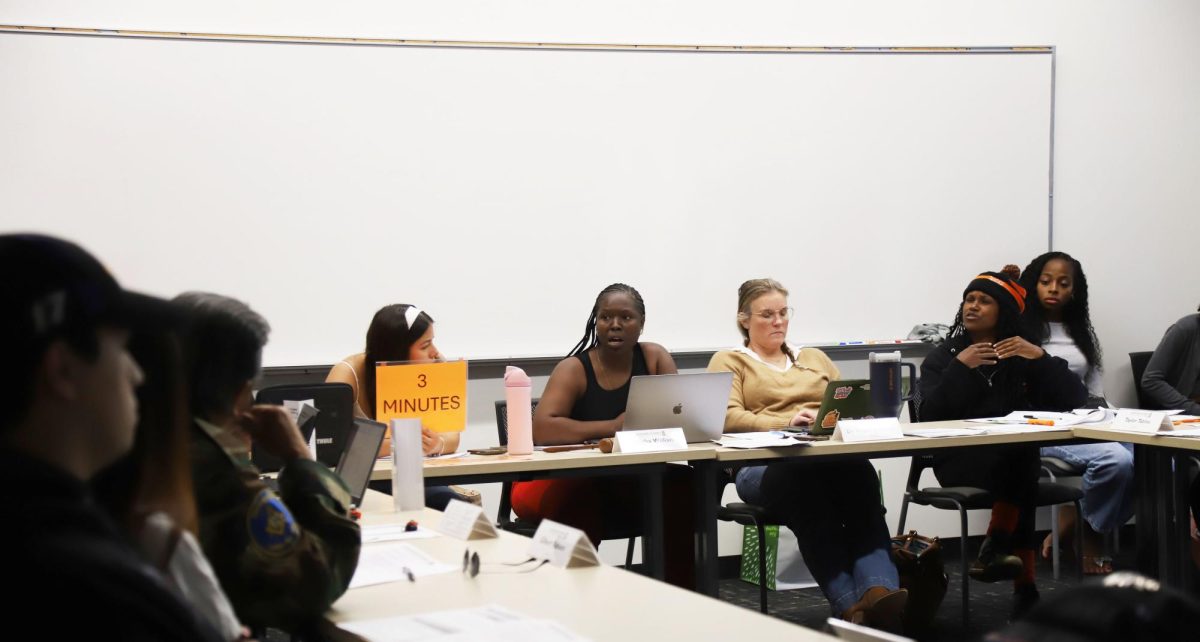By Editorial
By Editorial
The California Supreme Court recently overturned a ban on same-sex marriage in a close 4-3 decision.
The decision was the result of 23 same-sex couples suing the state of California in March 2004 to make their marriages legal.
They were all being represented by Jennifer Pizer of Lambda Legal, the nation’s leading legal advocate for the lesbian, gay, bisexual and transgender civil rights movement.
The court ruled May 15 that the state can “no longer exclude same-sex couples from civil marriage.”
In the decision drafted by Chief Justice Ronald George, the court ruled that “our state recognizes that an individual’s capacity to establish a loving, committed long-term relationship with another person…and the responsibility to care for and raise children does not depend upon the individual’s sexual orientation, and more generally, that an individual’s sexual orientation, like a person’s race or gender, does not constitute a legitimate basis upon which to deny or withhold legal rights.”
The court also made it clear in the ruling that the constitution must be seen as grounds to uphold the ruling.
“The California constitution must be properly interpreted to guarantee this basic civil right to all Californians, whether gay or heterosexual, and to same-sex couples as well as to opposite-sex couples,” it read.
This ruling seems like common sense.
Same-sex couples wouldn’t be harming anyone by legally marrying, and limiting marriage to only heterosexual couples isn’t needed to preserve the rights of heterosexual couples.
Many other Californians agree with the ruling as well.
According to the American Civil Liberties Union Web site, more than 20 counties and municipalities, including Los Angeles, San Diego, San Jose, Long Beach, Sacramento and Oakland filed a friend of the court brief in support of marriage for same-sex couples.
In addition, more than 250 religious and civil rights leaders and organizations, like California’s National Association for the Advancement of Colored People, Mexican American Legal Defense and Educational Fund, and California Council of Churches also supported the ruling and sent in friend-of-the-court briefs in support of the decision.
Before this decision, there was an alternative to legalized marriage for same-sex couples: civil unions.
But civil unions don’t include all the benefits of legalized marriage, they are inferior.
Same-sex couples in civil unions are legally treated differently than opposite-sex couples that are legally married. This makes it legal for same-sex couples to be discriminated against.
But the majority of Californians disagreed in 2000 when they voted to pass an initiative that limited marriage to only be allowed between a man and a woman.
This initiative was also overturned by the courts.
Although the decision won’t go into effect for at least 30 days, it is a great historic decision for the state of California and the United States.
Even though the ruling was a close one, the California Supreme Court finally stepped up and fulfilled its judiciary duties.
Both state and federal constitutions guarantee to all the equal protection of its laws. And it is the courts job to enforce these guarantees.
We agree with their decision.
Legalizing marriage for same-sex couples has nothing to do with anyone’s personal values, beliefs or even some of our country’s strange “traditional” beliefs and values.
But it does have everything to do with our country’s federal and state constitutions, and those documents are the ones we’re supposed to look to for legal guidance, especially when it comes to legal matters like marriage.
Just because you may not like apple pie doesn’t mean everyone should be banned from eating it.
Likewise, just because one may not agree with homosexuality or same-sex marriage, for whatever reasons, whether religious or because it goes against traditional American values and institutions, doesn’t mean that it should be banned or stamped as illegal.
The reasons given to discriminate against this group of people just aren’t good enough, especially since doing so violates an individual’s fundamental right to marry and rights to legal treatment under the law.
The court recognized this, and overturned the ban. But the battle for equal treatment between same-sex and opposite-sex couples isn’t over yet.
In the majority of the U.S., same-sex marriage is still illegal.
Even if they marry in a state where it is legal, most states will not recognize it.
The federal government doesn’t recognize same-sex marriage,either.
It won’t kill you if someone lives their life a little bit different than yours. That’s one of the special qualities that make us all individuals.
Slowly, the rest of the U.S. will step outside of themselves for a while and realize this . . . hopefully.
We have to put aside personal values and beliefs when it comes to legal matters and interpreting our constitution. After all, the document wasn’t written to protect the majority from the minorities, but the minorities, the ones who look different, live different, worship different and have unpopular values and beliefs, from persecution by the majority for being different.





